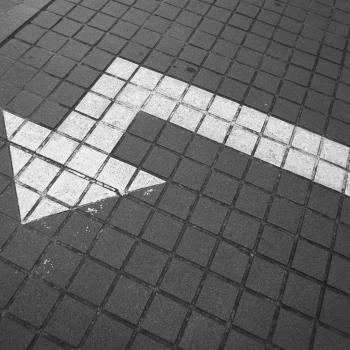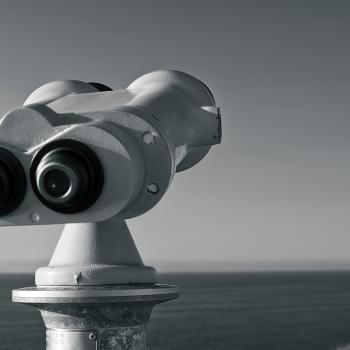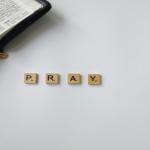Just about every choice we make is a cost/benefit analysis. Our brains look at the situation, weighing the pros and the cons, measuring the imagined gains and the perceived loss involved. What we decide to do is the result of this analysis.
But what if our scales are calibrated incorrectly? What if our measuring devices are skewed one way or another?
I am constantly finding that my initial analysis does not match up with the reality of consequences. What I imagined to gain and what I perceived as loss beforehand are different than the actual experience afterward.
I’ve been watching this for the last several months and have found two odd patterns. One is in my tendency to overweigh a fear of losing what is already in my possession and the other (related) is to underweigh the value of something new.
Overweighing the Scales
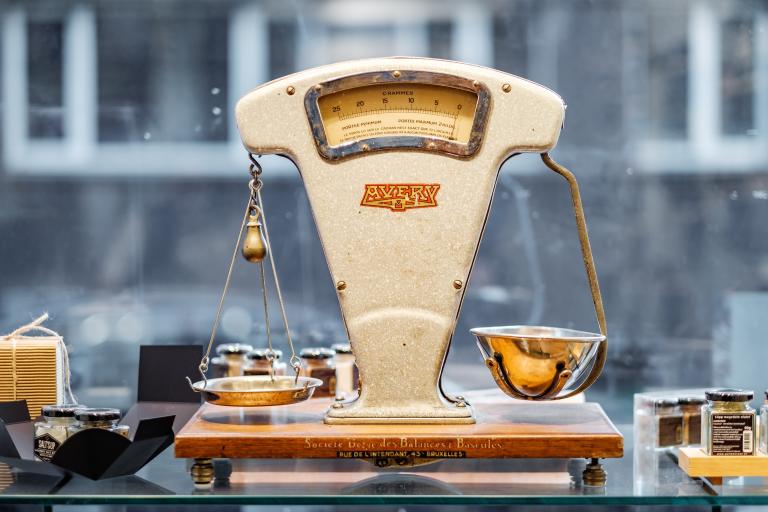
It might come as no surprise that we give preference to the things we already have. When there is something in my hands, the risk of letting it go is weighted disproportionately to when I am risking something that might or might not be gained.
We are familiar with what we have. We know it. And it feels like ours. It is a part of our possessions, our loot. We have limited space in life – a certain amount of square footage, mental capacity, time for pet projects, etc.
When we collect things, we put them into the treasure chest of our life. The limited-space treasure chest. And they become more safe, more controllable, more ours than the mere idea of collecting something we don’t have.
Therefore losing a gamble that cost a hundred dollars hurts a lot more than losing a gamble that would have gained a hundred dollars. The treasure leaving us feels more tangible, more real, than the imagined treasure we might have gained. It was only a thought, gone in an instant. Losing the hundred bucks we had in hand feels more real.
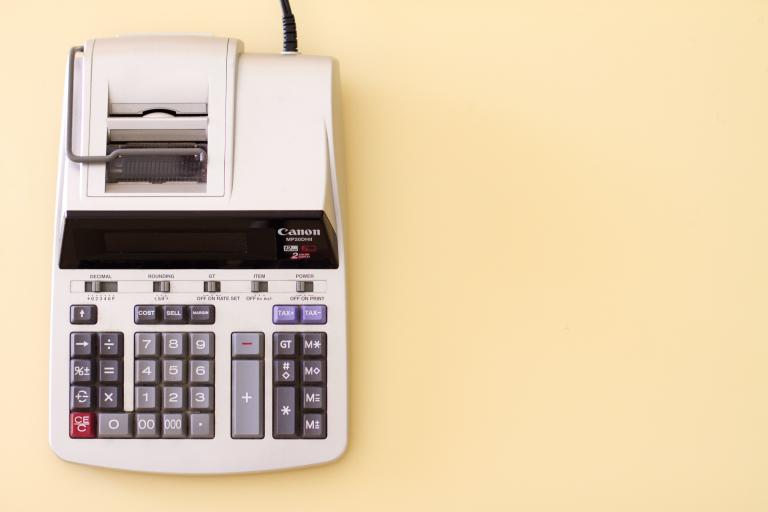
To bring this to life a little bit, my wife and I were in Switzerland a few years ago. We were on a budget and had an opportunity to take a tram up to the peak of one of the Alps. But it cost seventy bucks each. That was our money! We had earned it. There was so much more we could do with it. Was it worth the cost? The imagined gain from the experience was hard to quantify. Handing a hundred and forty bucks across the counter was much easier to measure. Sure this was an inviting experience, but there were others that would come along. We can’t spend our money on everything. Losing what we have was a heavy weight to consider.
Imagine Future
It may not surprise you that we overweigh evaluations concerning what we already have. It may however surprise you that we underweigh what we do not have. At least it surprised me about myself.
I would have guessed my mind runs wild with what could be. I am, after all, an optimist.
But what I found is that, when push came to shove, I undervalued what was new and unfamiliar. It is, after all, a risk.
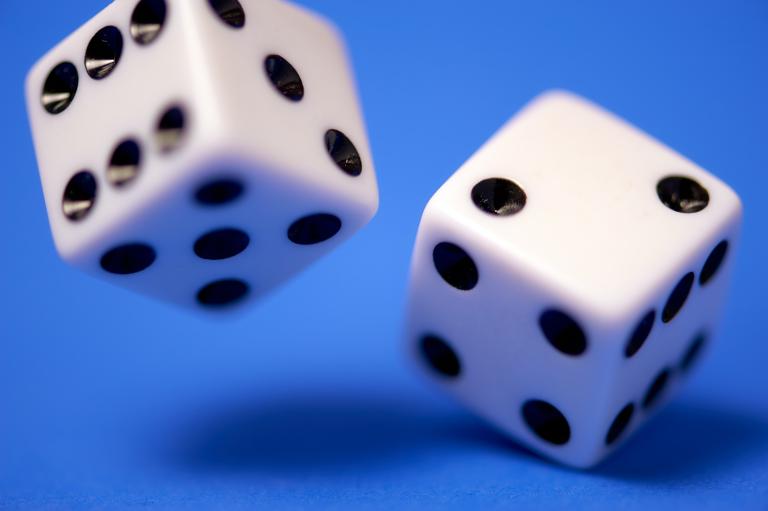
Although we often have moments of bold risk and can occasionally get overly excited about what the future might bring, we are much more often skeptical about the future. We are unsure about uncertainty. And so we give it a higher cost. Sometimes this can be overcome, particularly when we are dissatisfied with life/what we have or the thrill is almost guaranteed to please. But our default is to be uncertain about what might come next; it is a survival instinct.
When we consider our imagined futures, almost all of us think about worst case scenarios and give them, in our minds, a higher statistical probability of happening than is scientifically true.
All this to say, my cost/benefit analysis needs a bit of analysis. There is nothing wrong with being generally cautious about the future or frugal with money. But I need to recognize what I am doing and why.
By the way, we ended up spending the hundred and forty bucks and going to the top of Mount Pilatus (in the Swiss Alps). We also found a way to hike down half of it in what turned out to be one of the best experiences we’ve had together. I actually don’t even remember how much the ticket cost. I just remember we almost didn’t do it and, for the sake of this blog, a hundred and forty bucks was as good as any other number.
In the end, evaluating things by their actual value is very hard. My predispositions, biases, and preferences get in the way. They complicate things and can make decision making a challenge.








